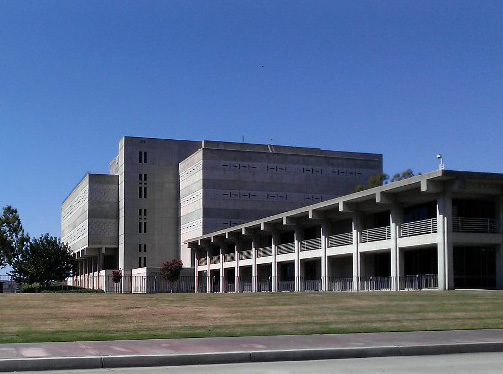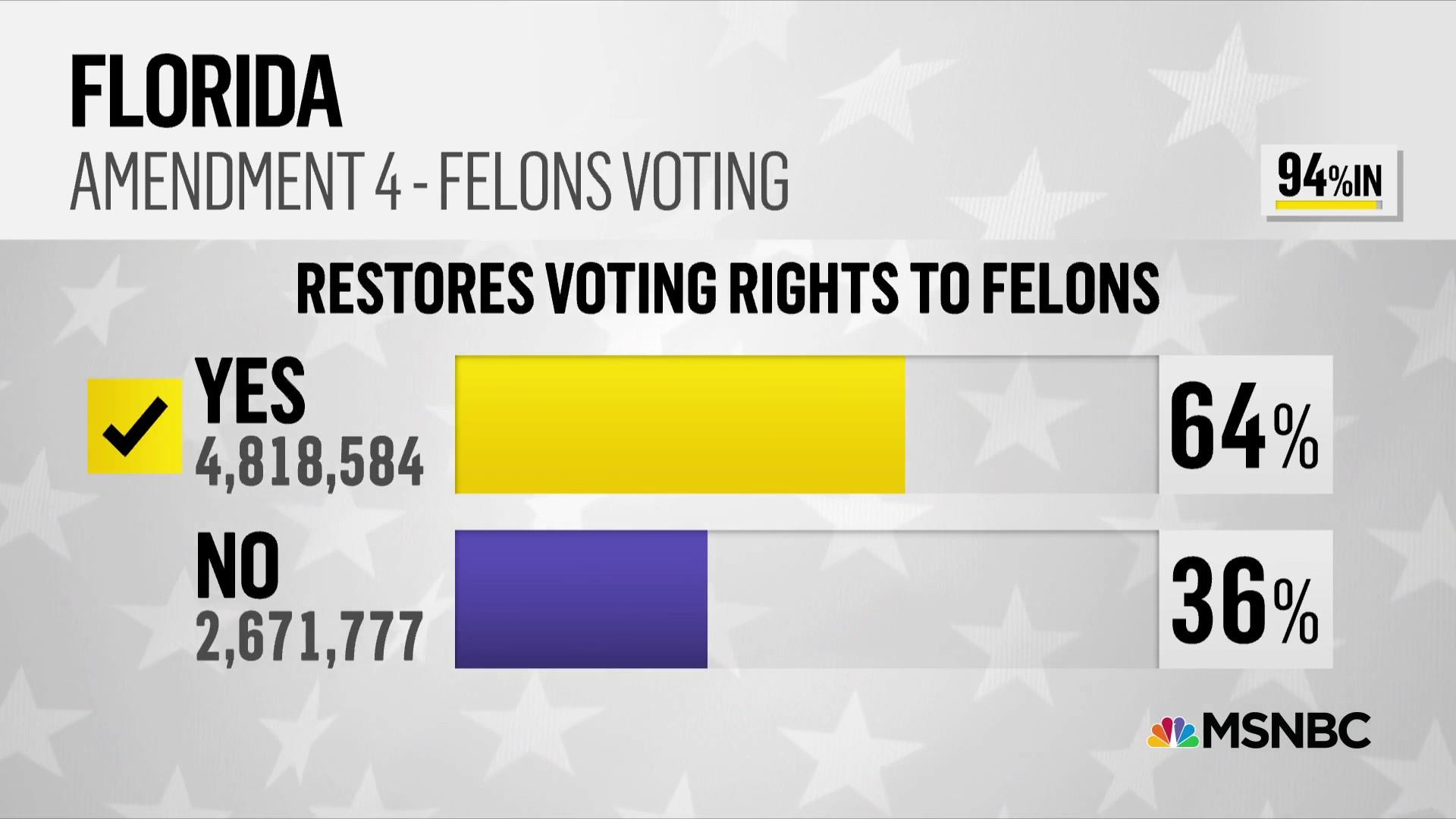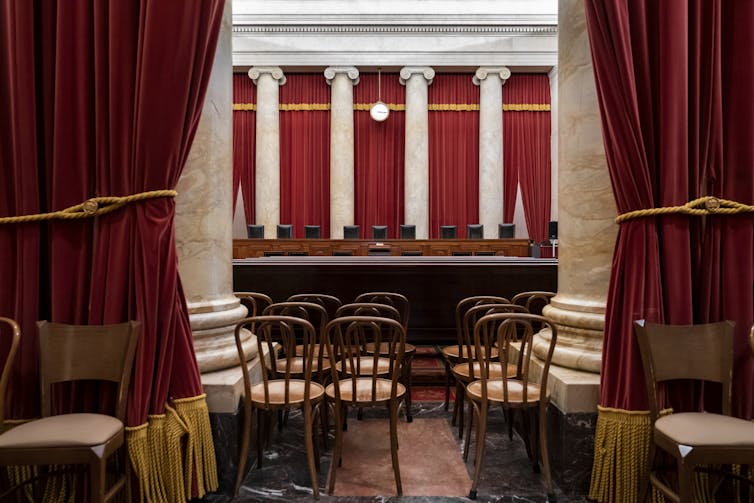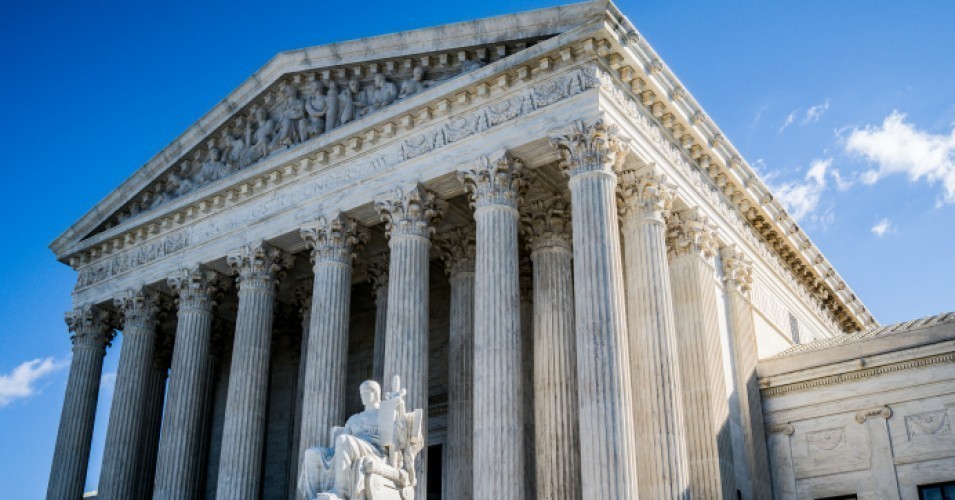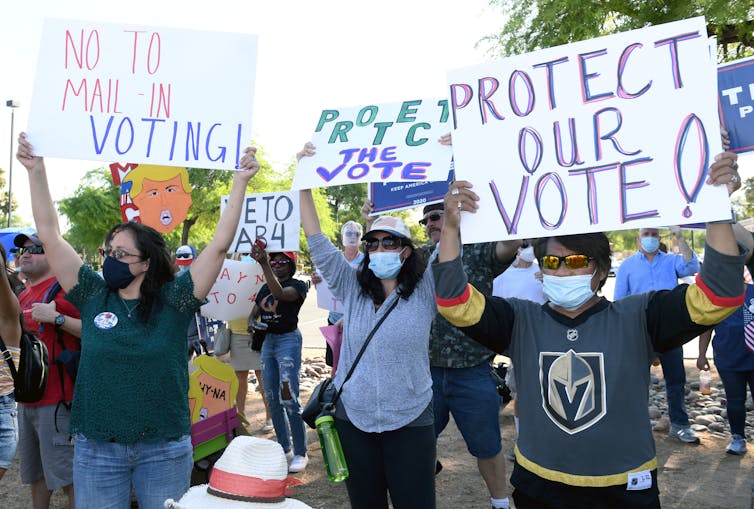
Protesters against passage of a bill to expand mail-in voting during a Nevada Republican Party demonstration, August 4, 2020, in Las Vegas. Ethan Miller/Getty Images
Penny Venetis, Rutgers University Newark
The Trump campaign and the Republican National Committee filed lawsuits recently against New Jersey and Nevada to prevent expansive vote-by-mail efforts in those states.
These high-profile lawsuits make the same argument that Republicans have made in many lesser-known lawsuits that were filed around the country during the primary season. In all of these lawsuits, Republicans argue that voting by mail perpetuates fraud – an argument President Donald Trump makes daily, on various media platforms. Continue reading


